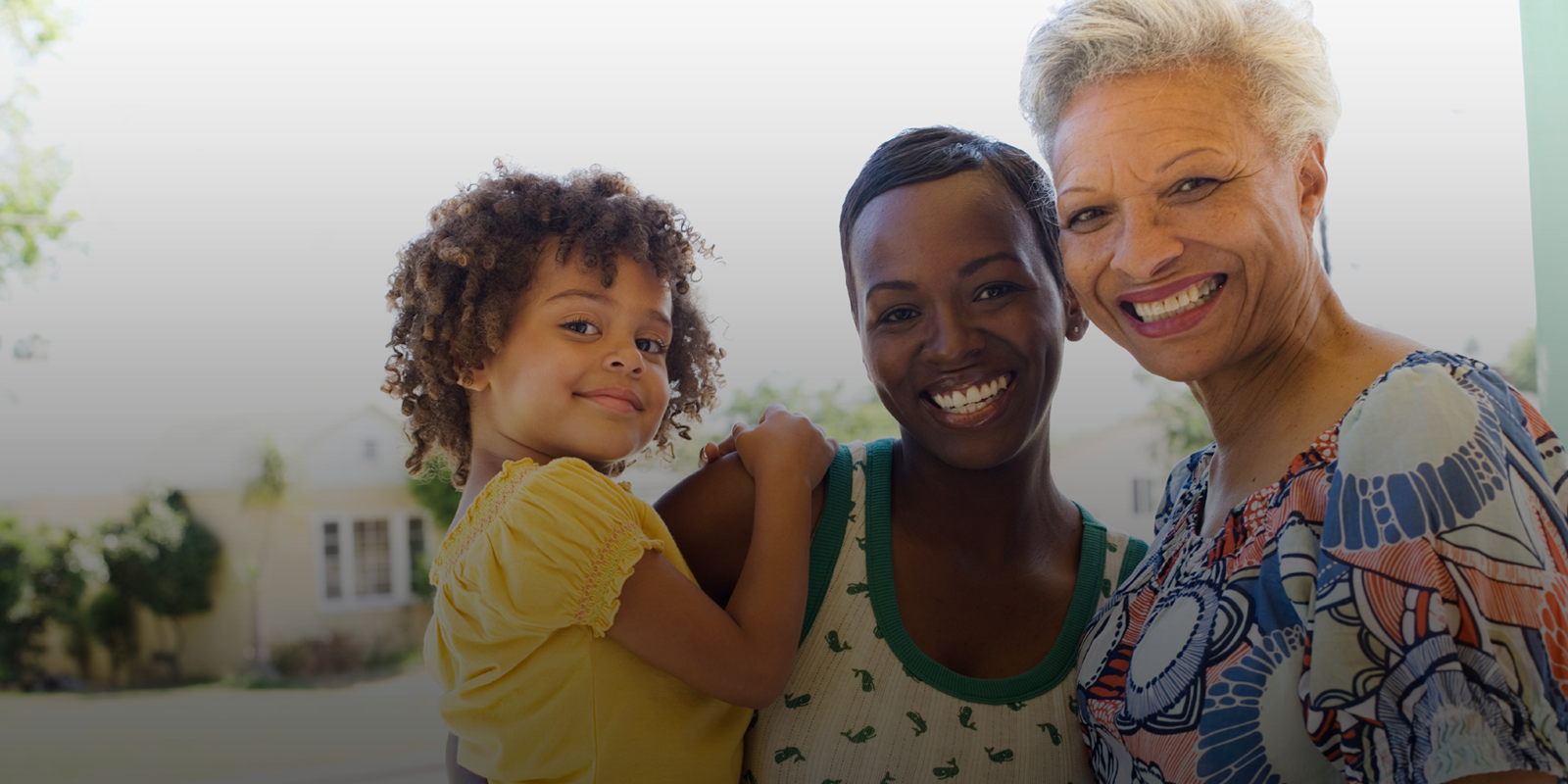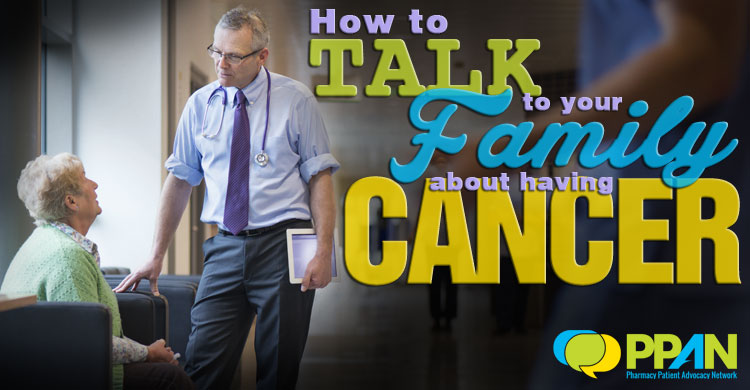How to Talk to Your Family about Having Cancer
Receiving the diagnosis of any type of cancer can generate a deep emotional response in both patients and family members. This can also lead to a number of responses to the news, including feelings of lack of control. For this reason, discussing the diagnosis and treatment plan with the family can also result in a situation where the patient feels a greater need to maintain autonomy. This factor can add to the difficulty of bringing the topic up for discussion.
Attending to the Self
Patients who have been recently diagnosed should first engage in self education before bringing the subject up with others. Loved ones will have a number of questions regarding the prognosis, but will also have thoughts regarding the treatment plan and the choices that the patient will make. This can make it extremely necessary for the individual to a well formed plan that will allow for the emotional expression of control and that can also generate a more positive atmosphere for the overall discussion.
One of the greater difficulties that patients will face has to do with self image. A lot of reticence in speaking to family members often comes from the changed perception that the individual will have to face in the eyes of others. In an effort to avoid a loss of empowerment, it may be necessary for the patient to state that they are unwilling to accept a victim status, as this can maintain the sense of self. Further reinforcement of this fact may be also be required, and patients will need to establish this within themselves and others.
The most common reason for avoiding discussions with the family is due to the fact that patients do not wish to feel like an emotional burden to others, and it is ultimately the right of the individual to decide with whom they share their health information. It is, however, recommended that patients do discuss their condition with the family, as this will help to establish the necessary support group that can aid in healing through the treatment process.
Making Discussions Productive
Another reason that patients will want to explore at least some of the diagnosis, prognosis, and treatment options before talking with family members is that this education can lead to a productive discussion. It allows for possibilities to be further explored, and for the patient to be assertive regarding the type of treatment they wish to follow. As a result, family members can feel as though the discussion is a greater form of problem solving, rather than a finality.
It is also necessary for patients to realize that family members will have their own emotional response to the news. Creating an atmosphere that is conducive to open sharing can help to work through many of these mental factors for both the patient and their loved ones, which will also allow for better decision making as the illness progresses. By establishing desires and working through psychological constraints early on, individuals and their families can become more supportive to one another.
Personal Interactions
There is no proper way to talk to family members about having cancer, but individuals can decide on how to broach the subject based on general family dynamics. This can include talking to family members individually, discussing the situation as an intact unit, or selectively informing certain members of the family and not others. The decision as to which method to take will rely greatly on the patient’s personality and the expected response from different loved ones. Attention to these dynamics can lead to a better choice of action when broaching the subject.
Having a Plan
People who are in the position of talking to family members about having cancer should also establish their own plan and boundaries in advance of having the discussion. Patients should also recognize that the conversations will be ongoing, and that the initial addressing of the fact is likely to be an introduction to changing emotional states. As family members will have their own feelings to contend with about the information, it can be a good idea for patients to have a plan that allows them to cope with their own feelings as well as the reactions of others.
In most cases, an informal setting for the discussion can be a wise choice. This type of environment makes it more conducive to be open, and can allow everyone involved in the conversation to feel at ease with expressing emotion. It also allows the patient to remain direct and concise about the initial information, while letting others respond for a productive dialogue.
Some patients may feel more comfortable getting all that they have to say into the open before addressing the response from family members. This can also be a beneficial approach, since it presents the information in a logical manner, before becoming involved in the emotions that are also associated with the diagnosis. This tactic can also keep the discussion focused, as it is easy for the matter to become convoluted over the course of the dialogue.
A planned approach also reinforces patient empowerment, since it keeps more aspects of function within the domain of having control. Instead of becoming overwhelmed by the reactions of family members, the individual is able to guide the discussion and establish a necessary authority that is also supportive for wellbeing.
Many patients feel a greater ease at broaching the conversation with family members by outlining what is known and what is not known about future outcomes. Presenting education to loved ones can also result in a more comfortable discourse, since the mind will compartmentalize knowledge and emotion. This leads to the ability to have discussions that are focused on prognosis, as well as discussions that are focused on reaction.
Patients First
The decision to discuss having cancer with members of the family can be a difficult one, but it can also be highly beneficial. By maintaining control, having a good knowledge of the situation, and outlining personal choices for treatment, patients are able to work the process with their loved ones in a supportive environment.





